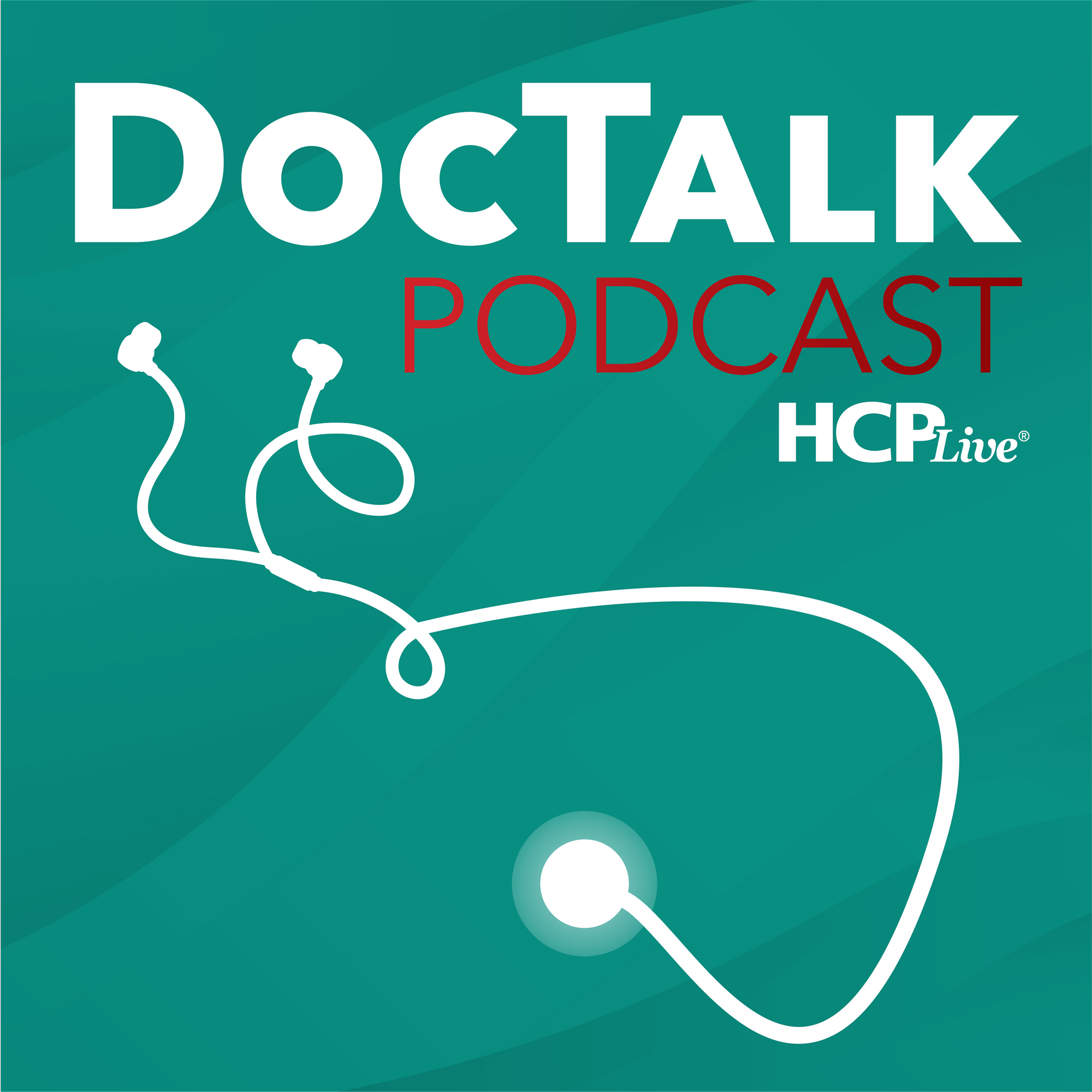Article
Depression, Anxiety Recorded in Food Allergic Adolescents and Caregivers During COVID-19 Pandemic
Author(s):
Investigators noted that the psychosocial impacts of food allergy have only intensified with the introduction of the COVID-19 virus.
Adam Price, MD

A recent investigation presented at the American Academy of Allergy, Asthma & Immunology Annual Meeting (AAAAI) 2022 featured data from a multi-center evaluation of anxiety, depression and resilience in food allergic adolescents and primary care providers throughout the COVID-19 pandemic.
Investigators led by Adam Price, MD, University of Arkansas Medical School, noted that food allergy has resulted in substantial psychosocial impacts that have only intensified with the introduction of the COVID-19 virus.
As such, the team evaluated mental health, the implications of the COVID-19 pandemic, and resilience in adolescent-caregiver dyads affected by food allergy.
The Methods
Price and colleagues recruited food-allergic adolescents and their primary caregivers from 2 academic food allergy centers in Little Rock, Arkansas, and Dallas, Texas.
From July 2020 to March 2021, the dyads participated in structured telephone interviews that collected demographic data and adolescent medical and mental health history.
Responses to the Generalized Anxiety Disorder-7 (GAD-7), Patients Health Questionnaire-9 (PHQ-9), Connor-Davidson Resilience Scale (CD-RISC), and COVID-19 Exposure and Family Impact Scale (CEFIS) were also collected.
The Findings
A total of 106 adolescent-caregiver dyads were included in the study, all of whom completed their interviews. The median adolescent age was 14 years, and participants were 67% male.
Of the 106 participants, 77% reported multiple food allergies, 73% anaphylaxis, and 55% reported prior emergency department visits.
Comorbidities included allergic rhinitis (59%), asthma (65%), and atopic dermatitis (55%),and anxiety (18.9%), depression (8.5%) and ADHD (20.8%) were the most commonly reported mental health conditions.
Investigators observed significant positive correlations between adolescent and caregiver resilience scores (r: 0.37, p50.0001) and COVID-19 impact scores (r: 0.29, p50.002), and noted that low adolescent resilience scores (<70) were more likely in the presence of adolescent and/or caregiver depression and anxiety.
Additionally, PHQ-9 scores were above clinical cutoffs (moderate-severe) for depression in 16% of adolescents and 14.1% of caregivers, and GAD-7 scores were above clinical cut-offs for anxiety in 24.6% of adolescents and 20.8% of caregivers.
“Improving resiliency and mental health among food allergic adolescents and their primary caregivers is an important consideration for comprehensive food allergy management,” the team wrote.





